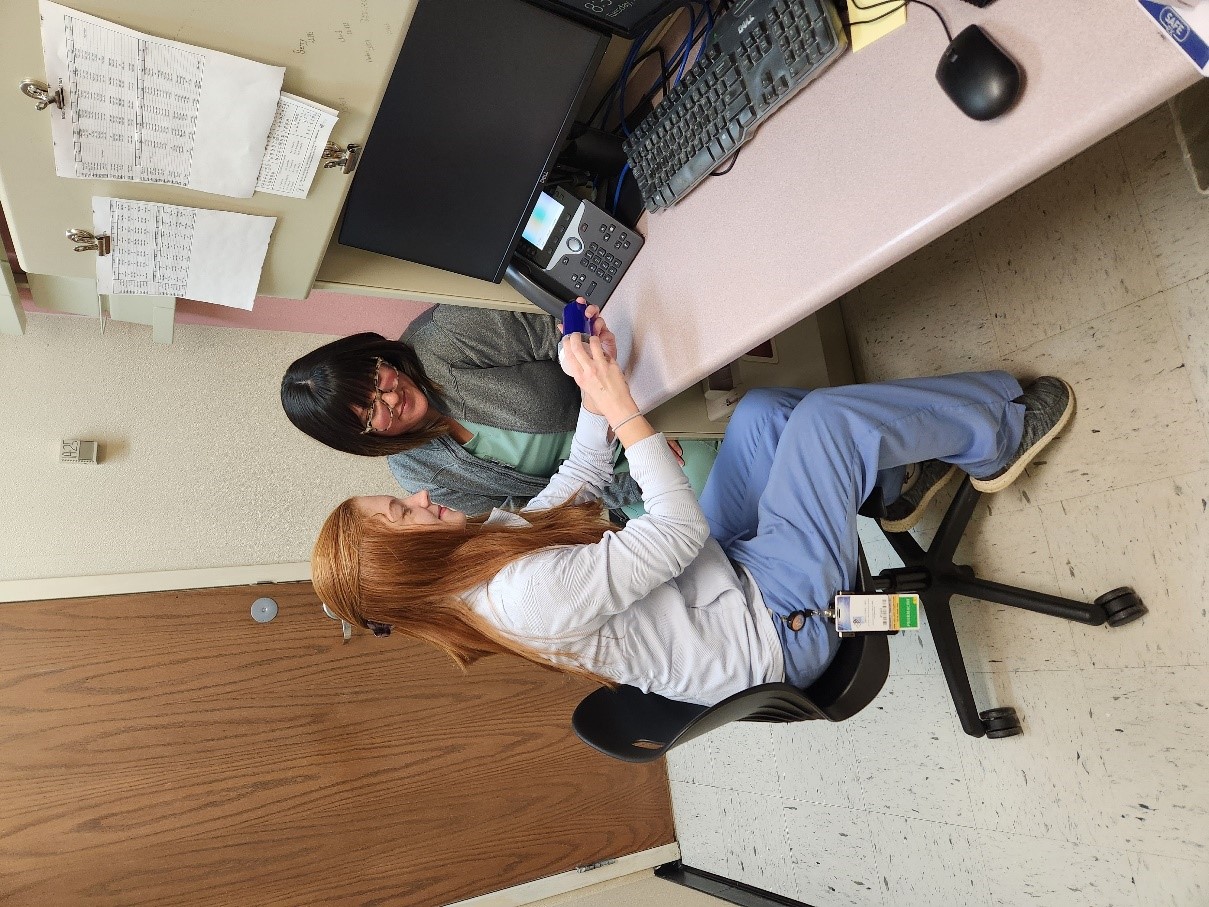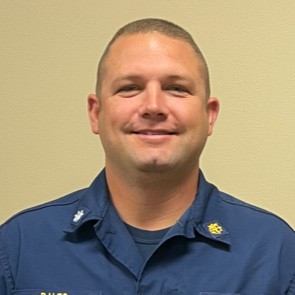Each June, we recognize National Safety Month. While safety is important year-round, this month we highlight efforts to prevent injury and death, starting with an innovative pilot project in the IHS Oklahoma City Area related to medication safety.
More than 140 Americans die each day in the United States from opioids. Additionally, an estimated two million individuals in the U.S. have an opioid use disorder associated with prescription opioids. The economic burden of prescription opioid misuse alone is estimated at $78.5 billion a year.
In Oklahoma, there are 700 unintentional poisoning deaths annually and six out of 10 involve at least one prescription drug. Community-based prevention strategies to address opioid overdoses include providing “clear and consistent guidance on safe storage of prescription drugs.” Opioid medications kept in the home environment may be an accessible source for nonmedical users, such as family and friends, and providing a secure location for medications may prevent their misuse.
The IHS Oklahoma City Area Division of Environmental Health Services and the Claremore Indian Hospital Pharmacy Department are conducting a Locking Medication Vial Pilot Project as an innovative approach to securing medications kept in the home environment. Multiple partners assisted with this project, including Johns Hopkins University and Safe Rx.
The pilot project provides patients with a locking medication vial to safely store their Schedule II controlled substances and education on medication storage and safe medication disposal. Each vial has a unique four-digit code, selected by the patient, and serves as an additional layer of security in keeping medications safe.

Kaitlin Batesel, a pharmacist at Claremore Indian Hospital, providing a locking medication vial for a patient to secure medications.
While it’s too early to determine the impact from this pilot project, it has certainly increased community awareness of the need for securing medications. Multiple patients and staff have expressed appreciation for having the locking medication vials and asked if we were going to continue the program. The Oklahoma City Area plans to evaluate the success of the projects success and expand as needed.



